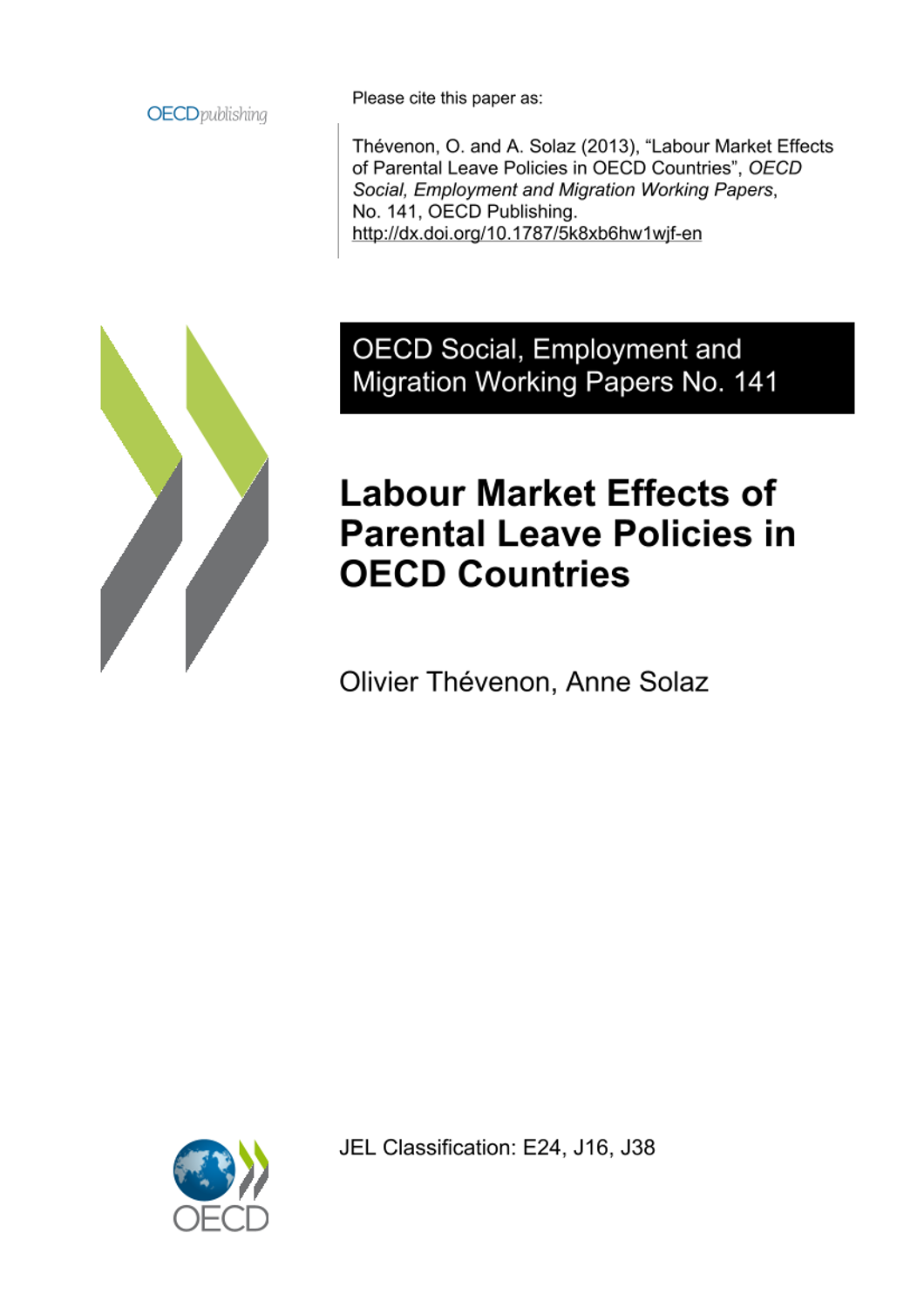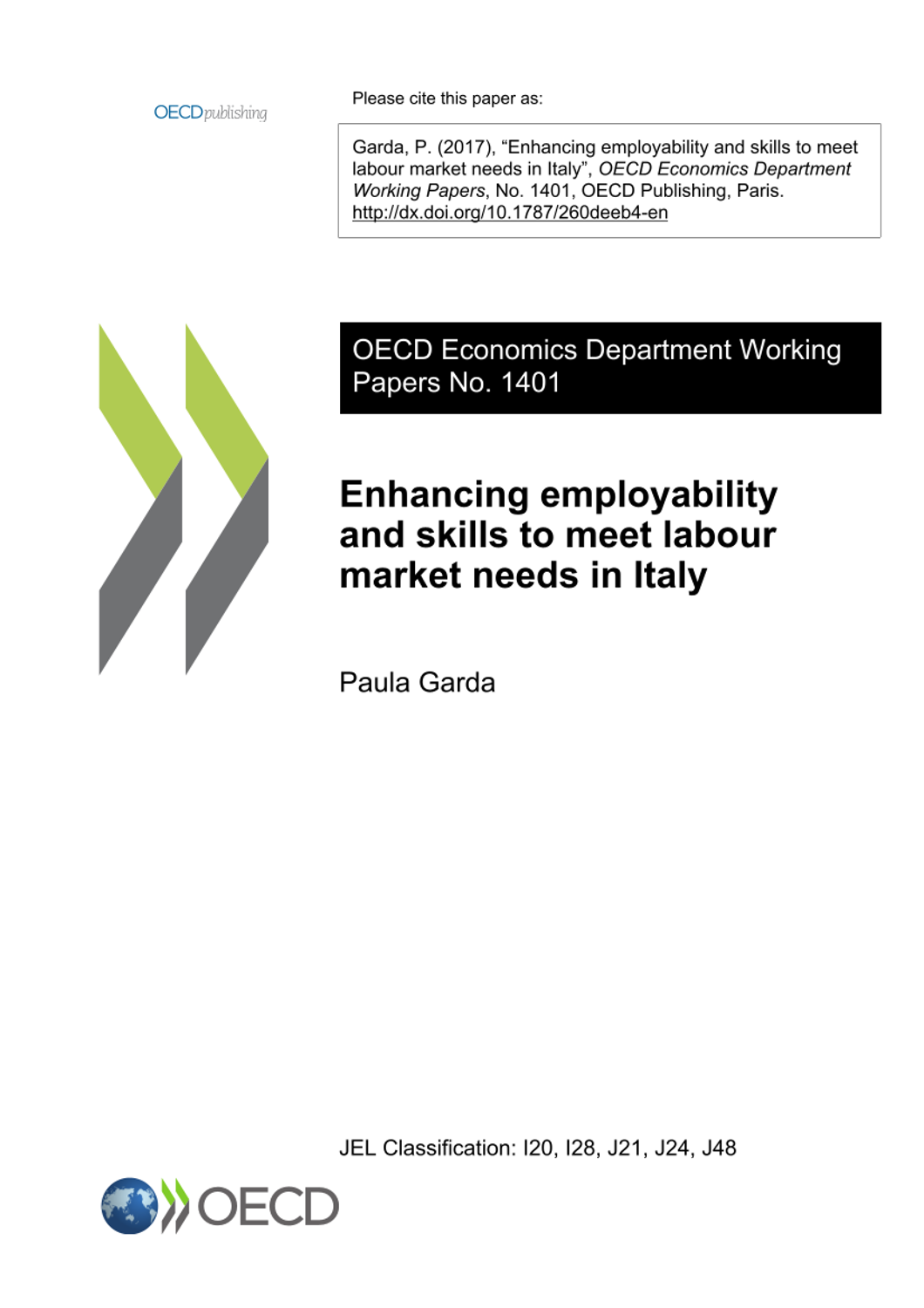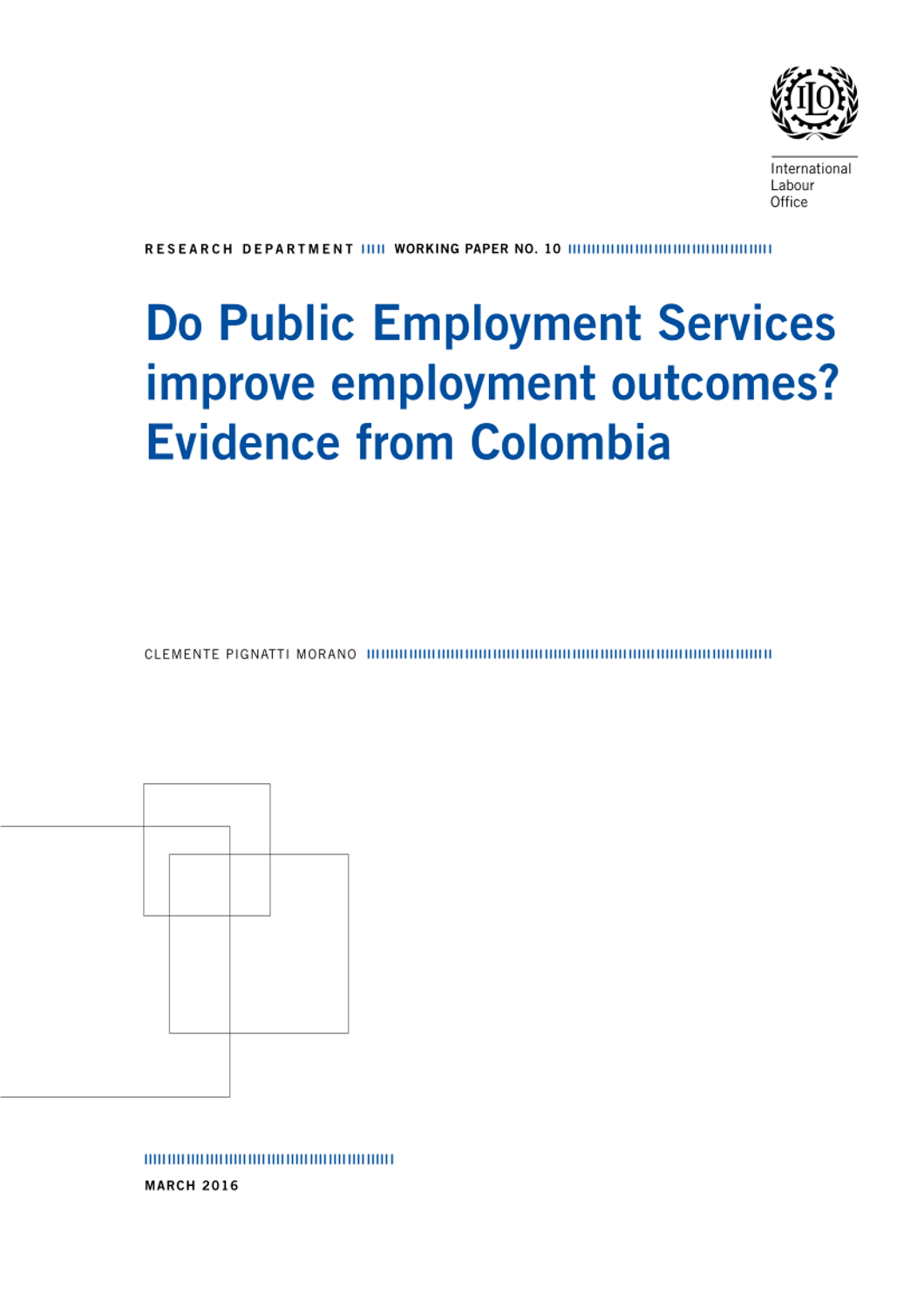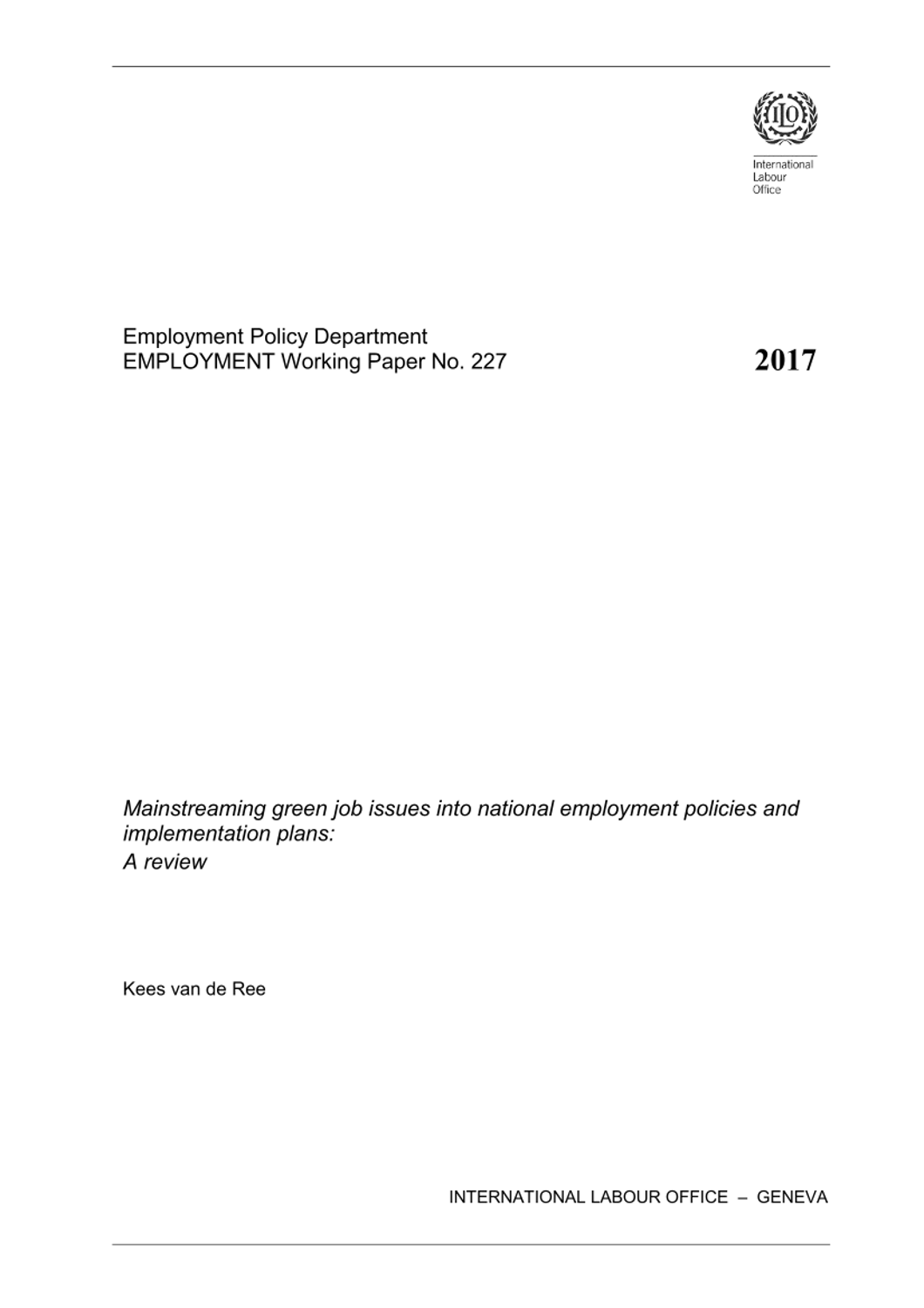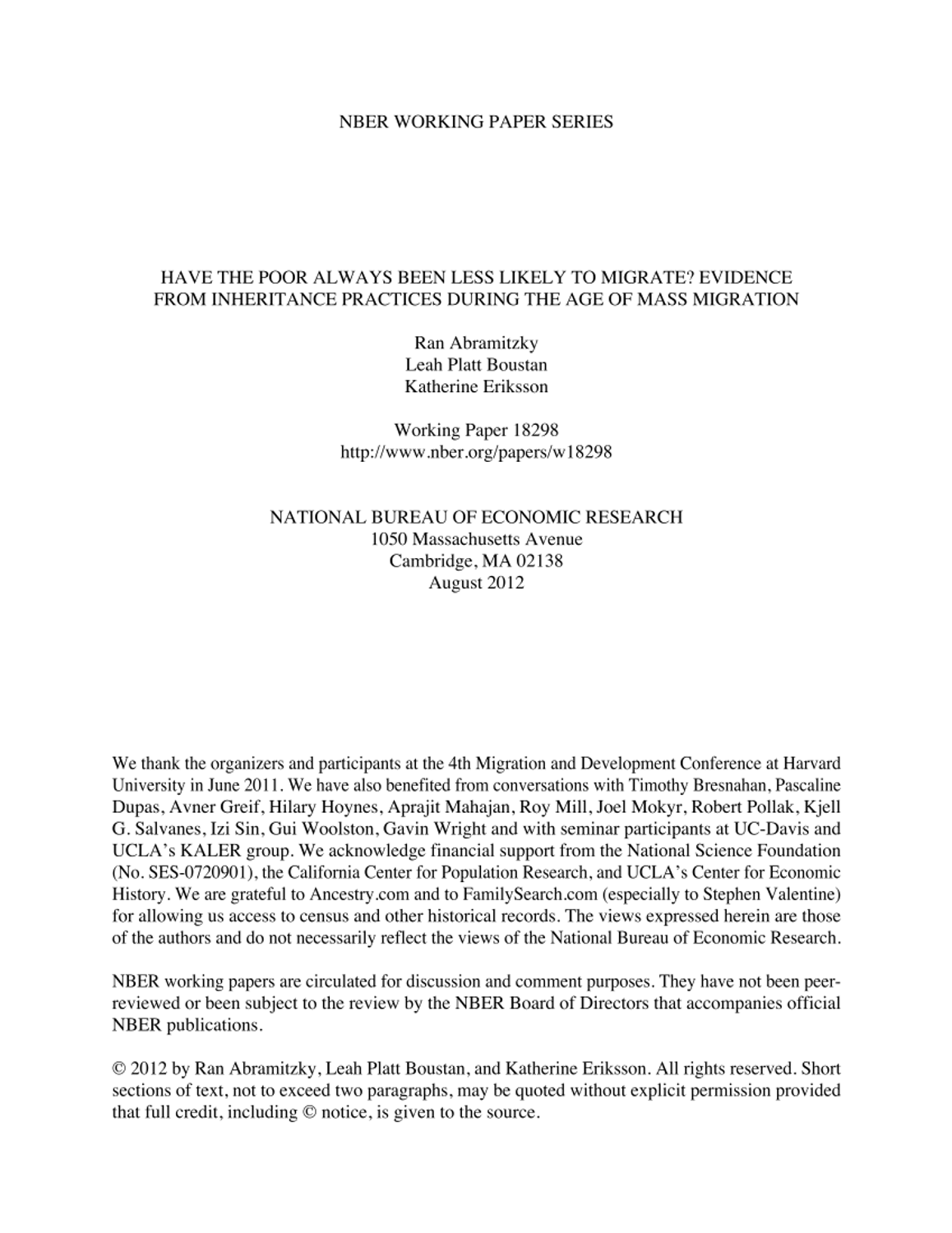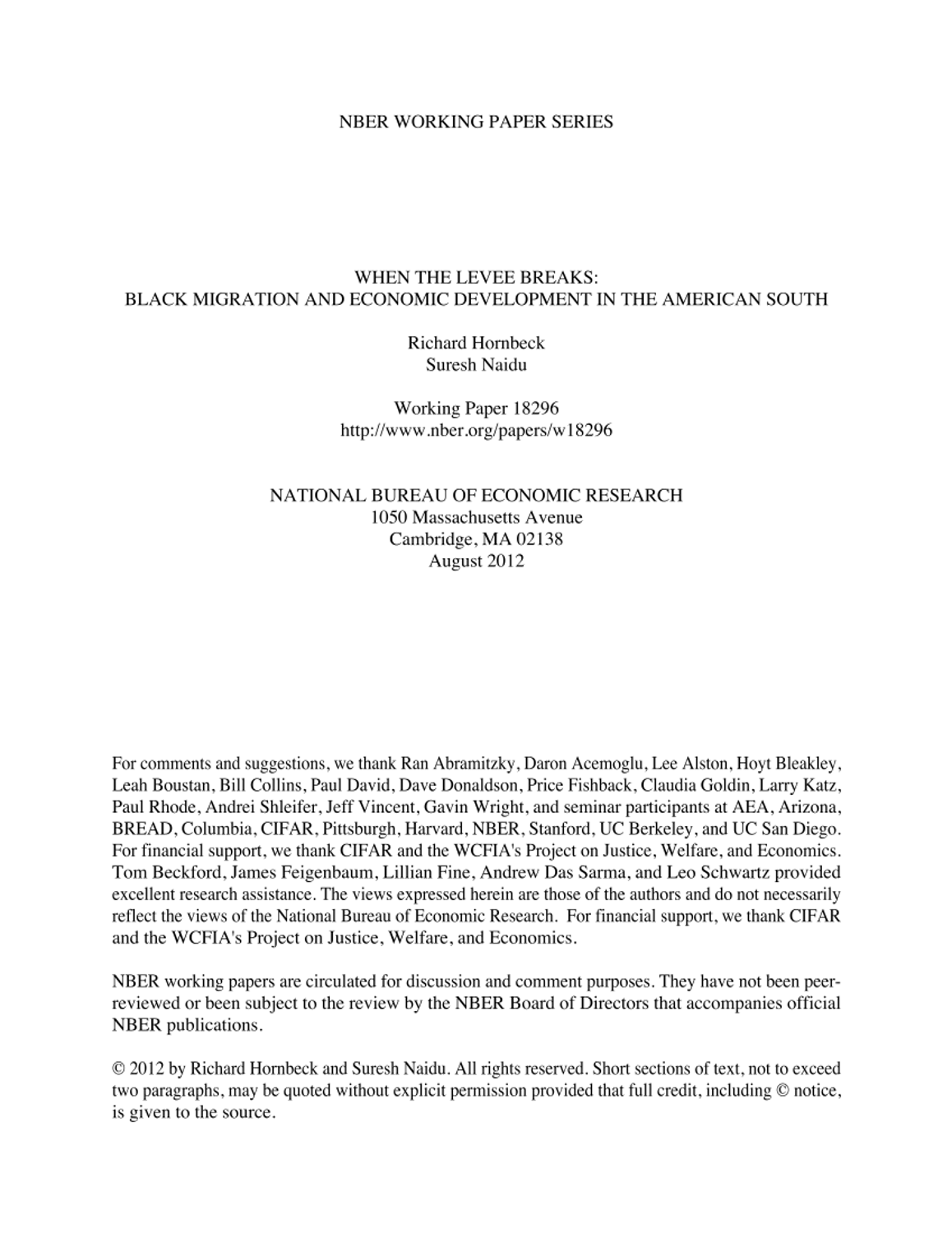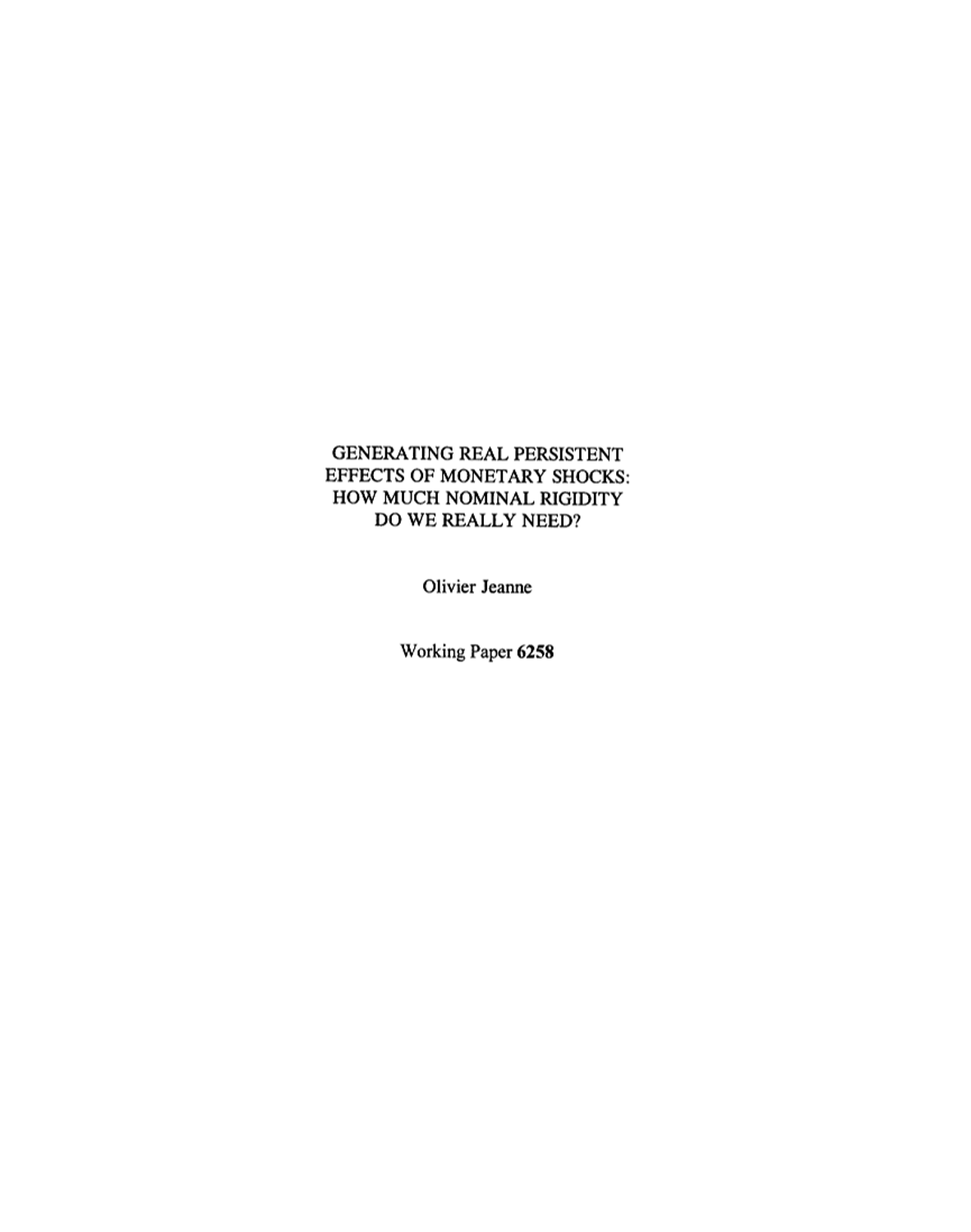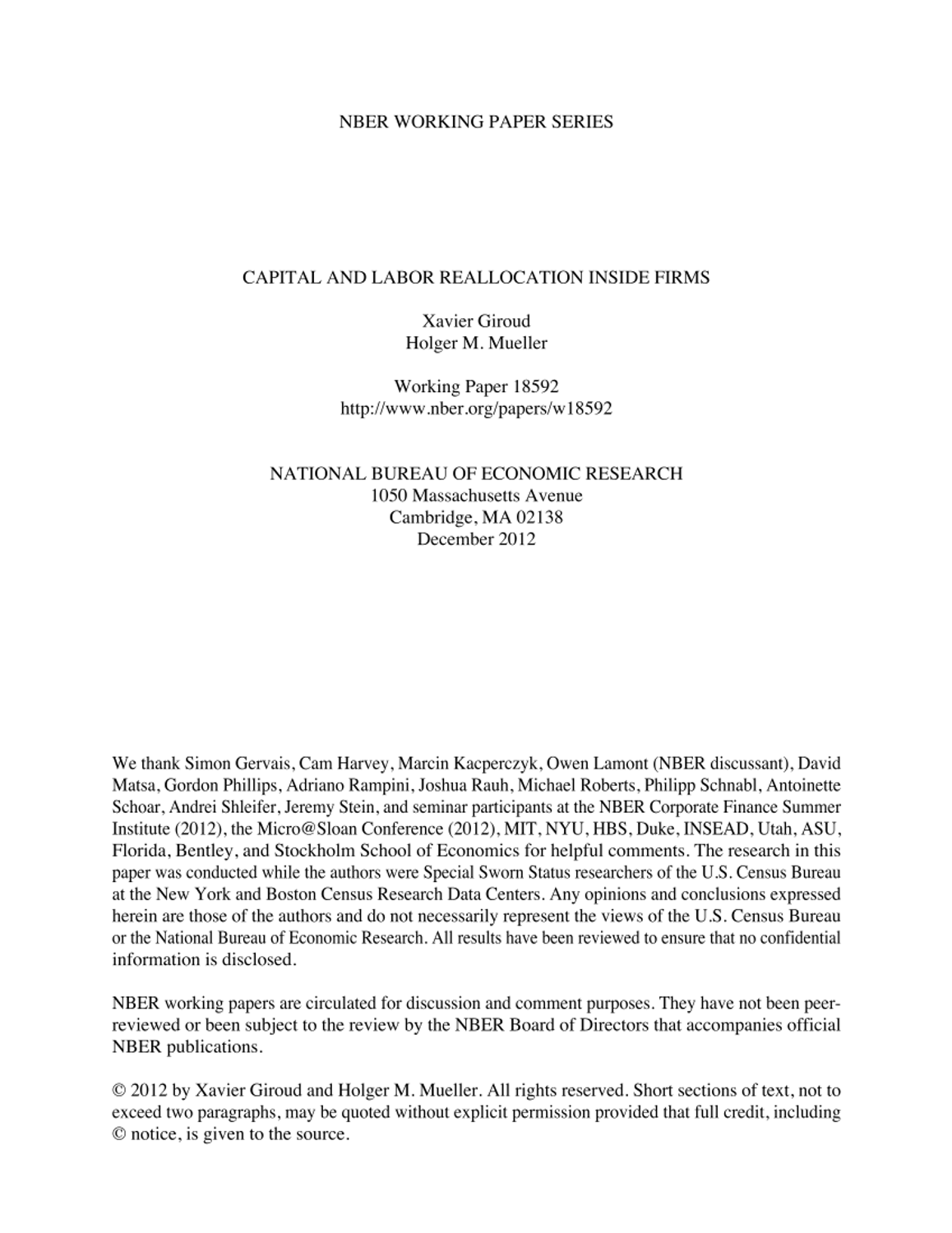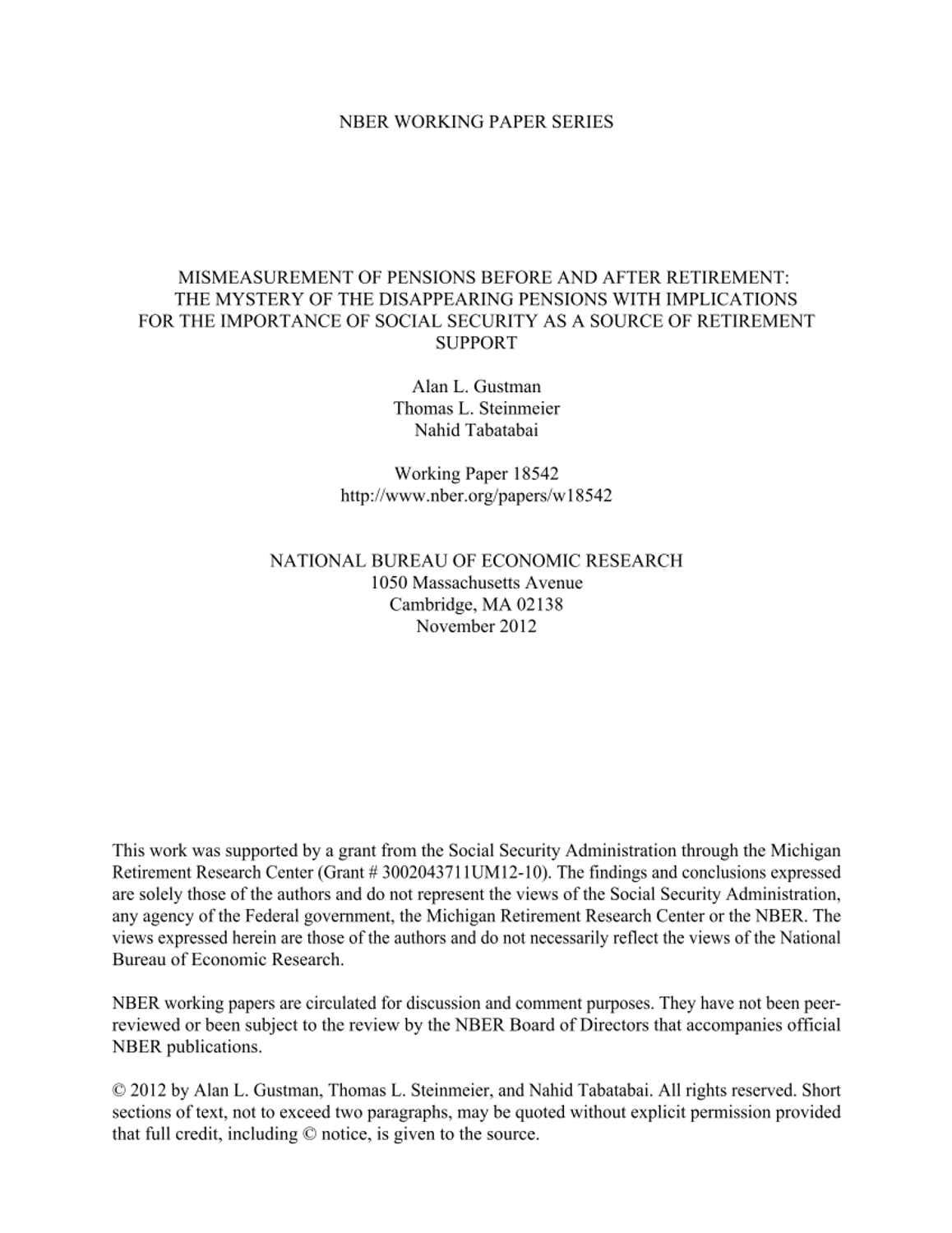연구보고서OECD Social, Employment and Migration Working Papers 141
Labour market effects of parental leave policies in OECD countries
- 청구기호
- WP 141
- 발행사항
- France : OECD, 2013
- 형태사항
- 68 p. :. PDF file ;. 1,554 KB
- 바로가기
소장정보
| 위치 | 등록번호 | 청구기호 / 출력 | 상태 | 반납예정일 |
|---|---|---|---|---|
이용 가능 (1) | ||||
| E0001430 | 대출가능 | - | ||
이용 가능 (1)
- 등록번호
- E0001430
- 상태/반납예정일
- 대출가능
- -
- 위치/청구기호(출력)
책 소개
This paper considers how entitlements to paid leave after the birth of children affect female labour market outcomes across countries. Such entitlements are granted for various lengths of time and paid at different rates, reflecting the influence of different objectives including: enhancing children’s wellbeing, promoting labour supply, furthering gender equality in labour market outcomes, as well as budget constraints. Although parental care is beneficial for children, there are concerns about the consequences of prolonged periods of leave for labour market outcomes and gender equality. This paper therefore looks at the long-run consequences of extended paid leave on female, male, and gender differences in prime-age (25-54) employment rates, average working hours, and earnings in 30 OECD countries from 1970 to 2010.
It finds that extensions of paid leave lengths have a positive, albeit small, influence on female employment rates and on the gender ratio of employment, as long as the total period of paid leave is no longer than approximately two years. Additional weeks of leave, however, exert a negative effect on female employment and the gender employment gap. This paper also finds that weeks of paid leave positively affect the average number of hours worked by women relative to men, though on condition – once again – that the total duration of leave does not exceed certain limits. By contrast, the provision of paid leave widens the earnings gender gap among full-time employees.

